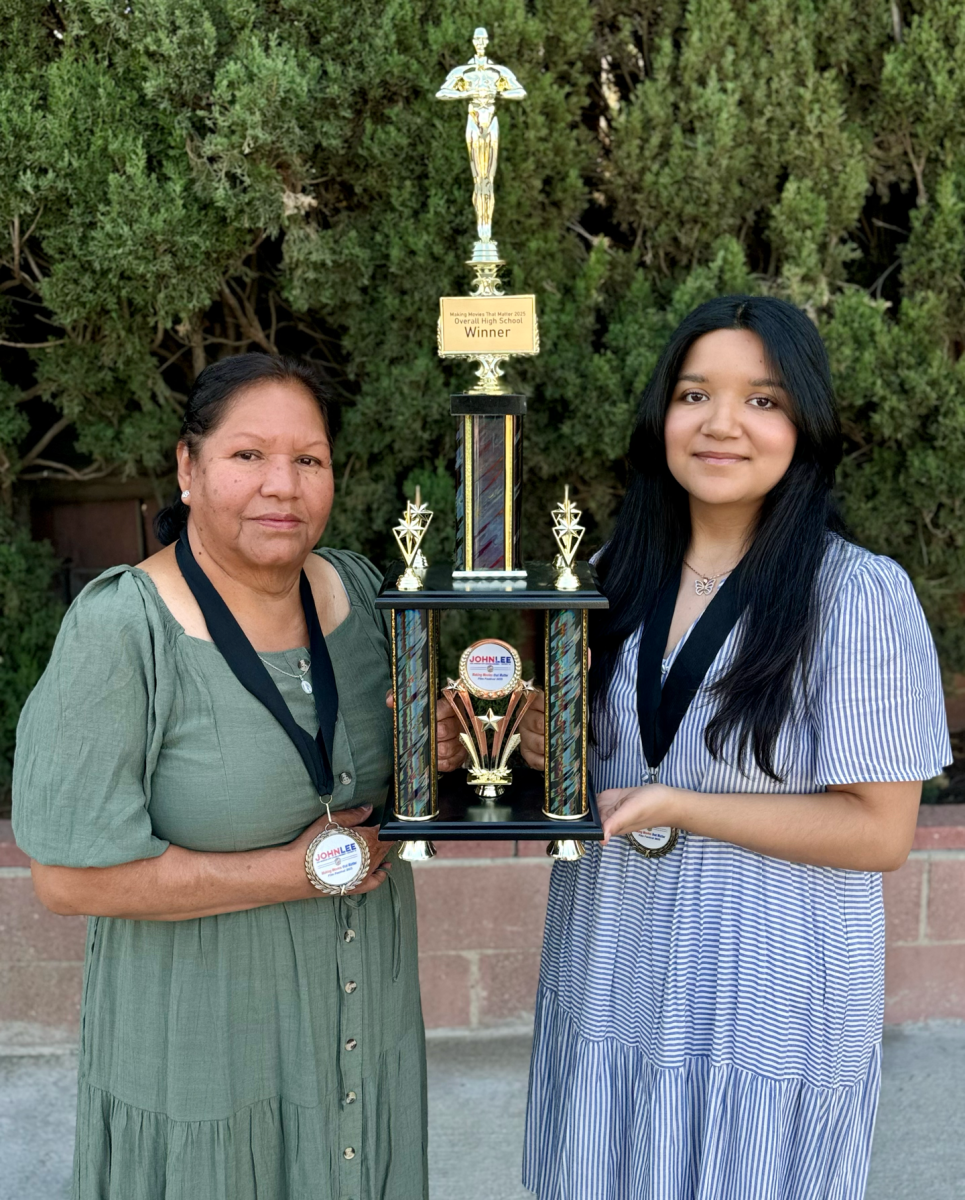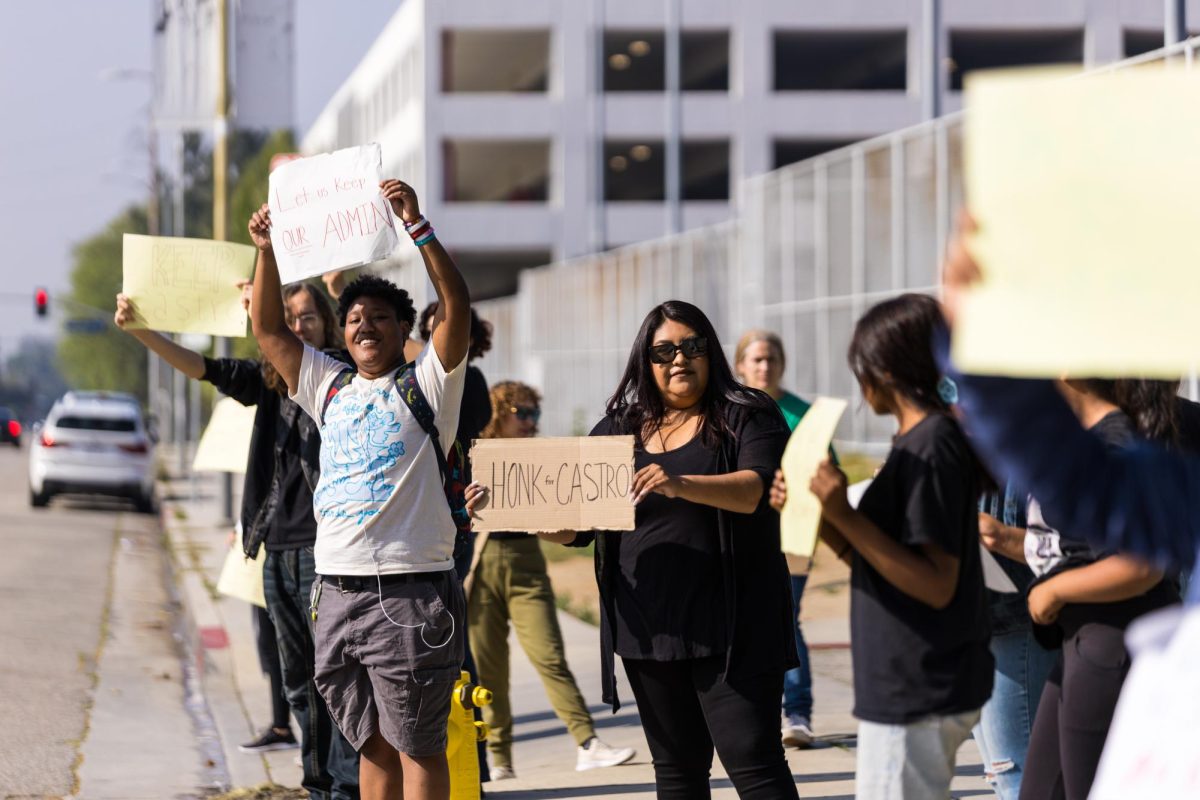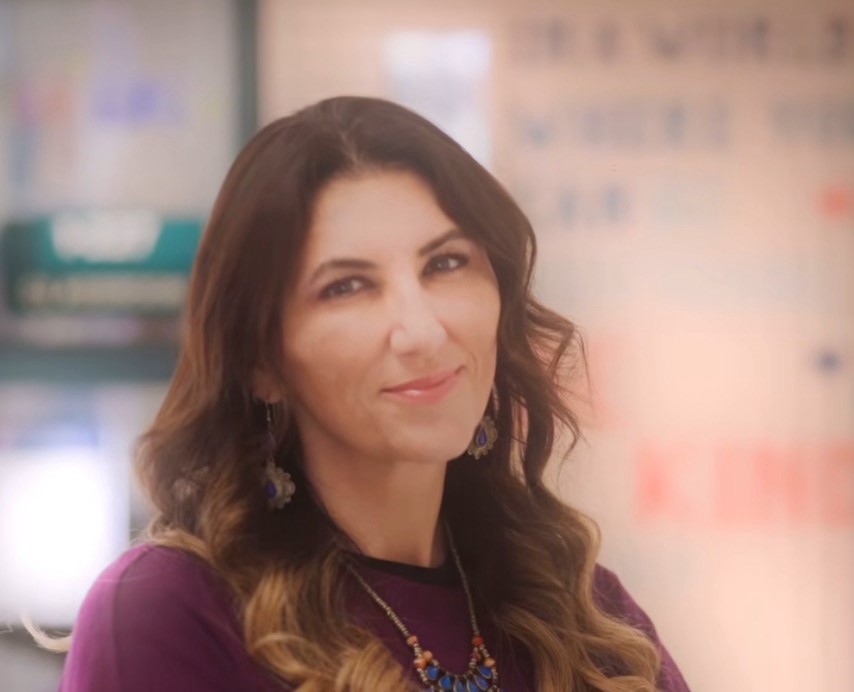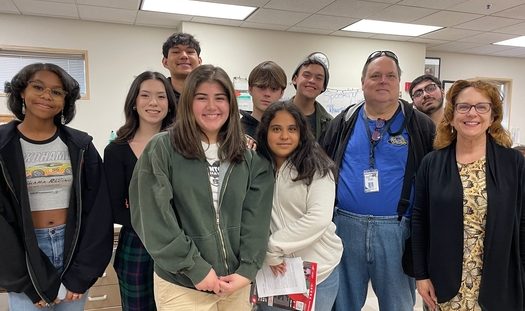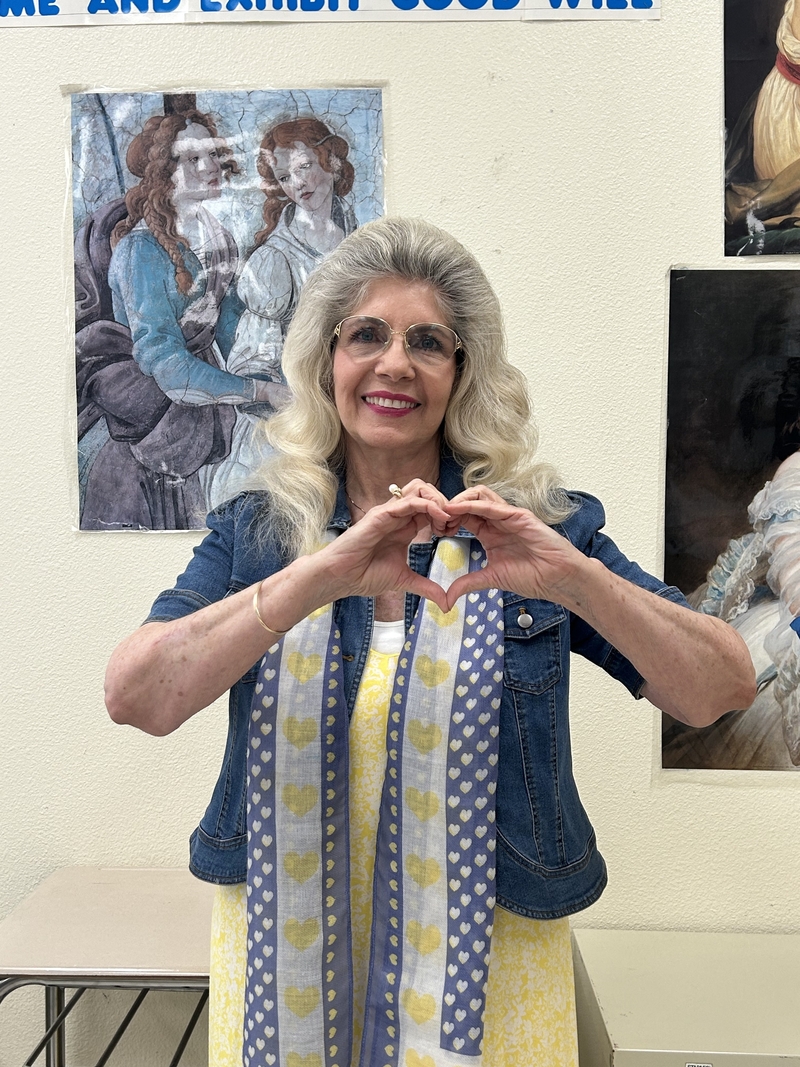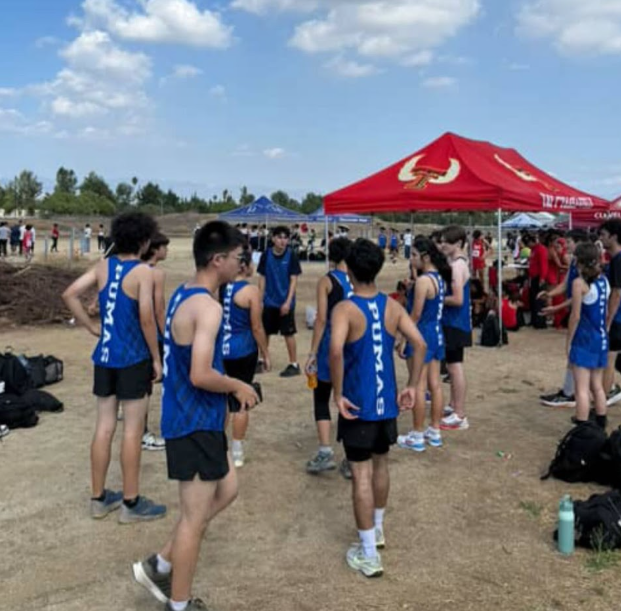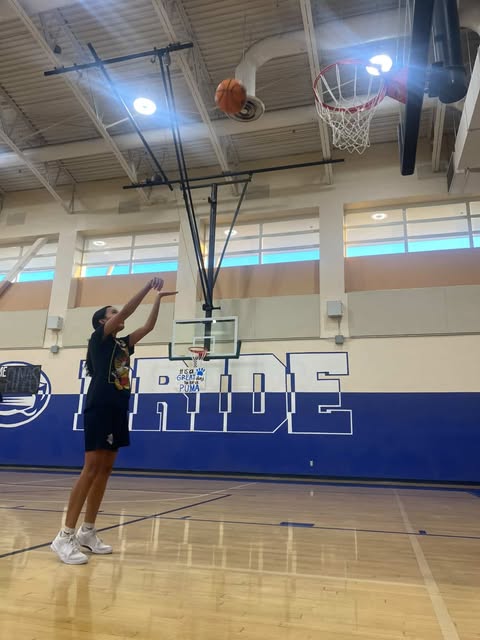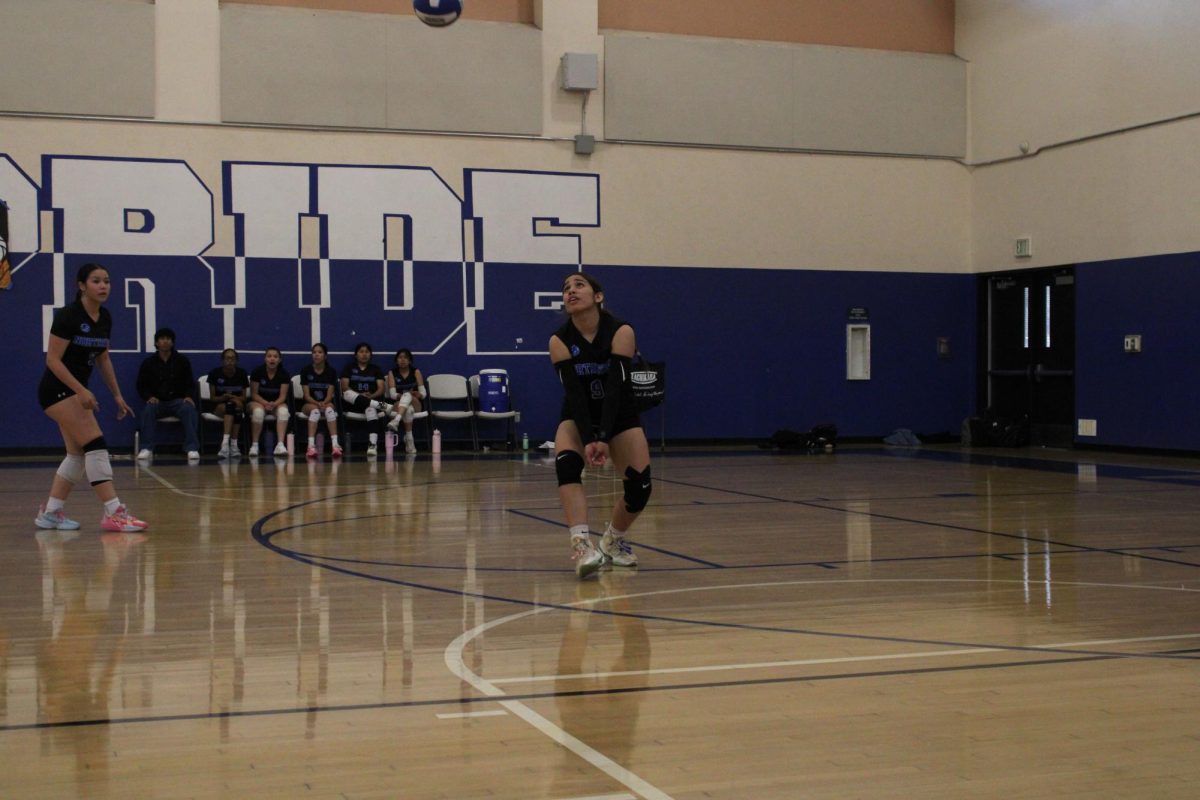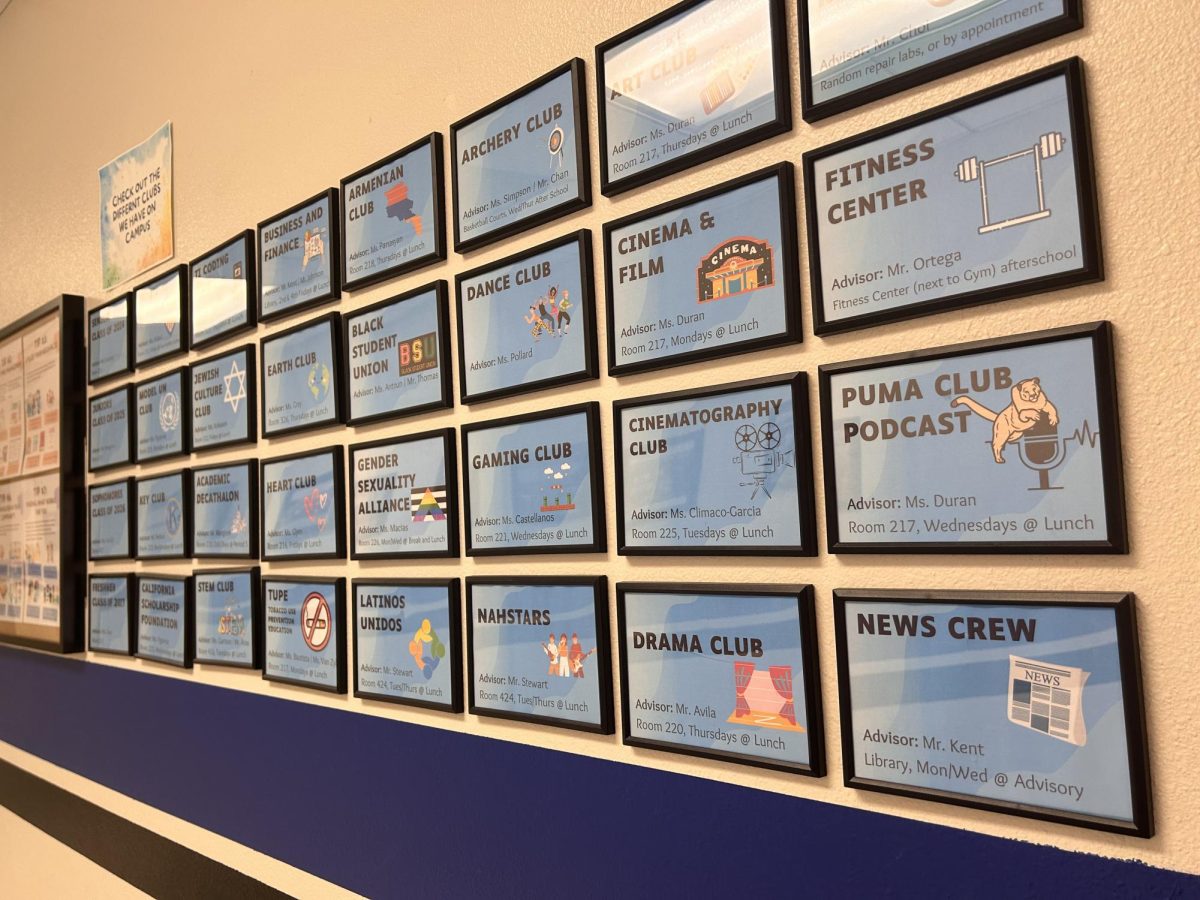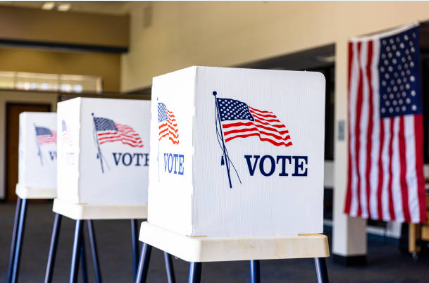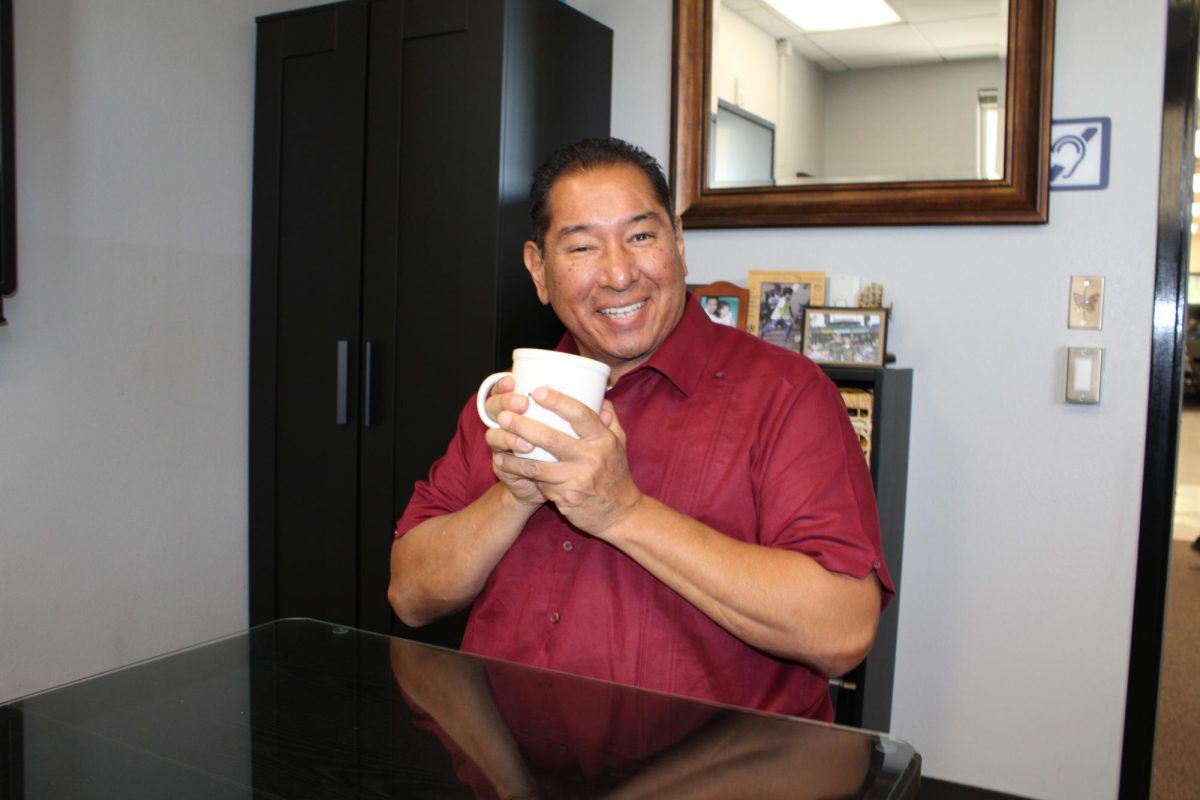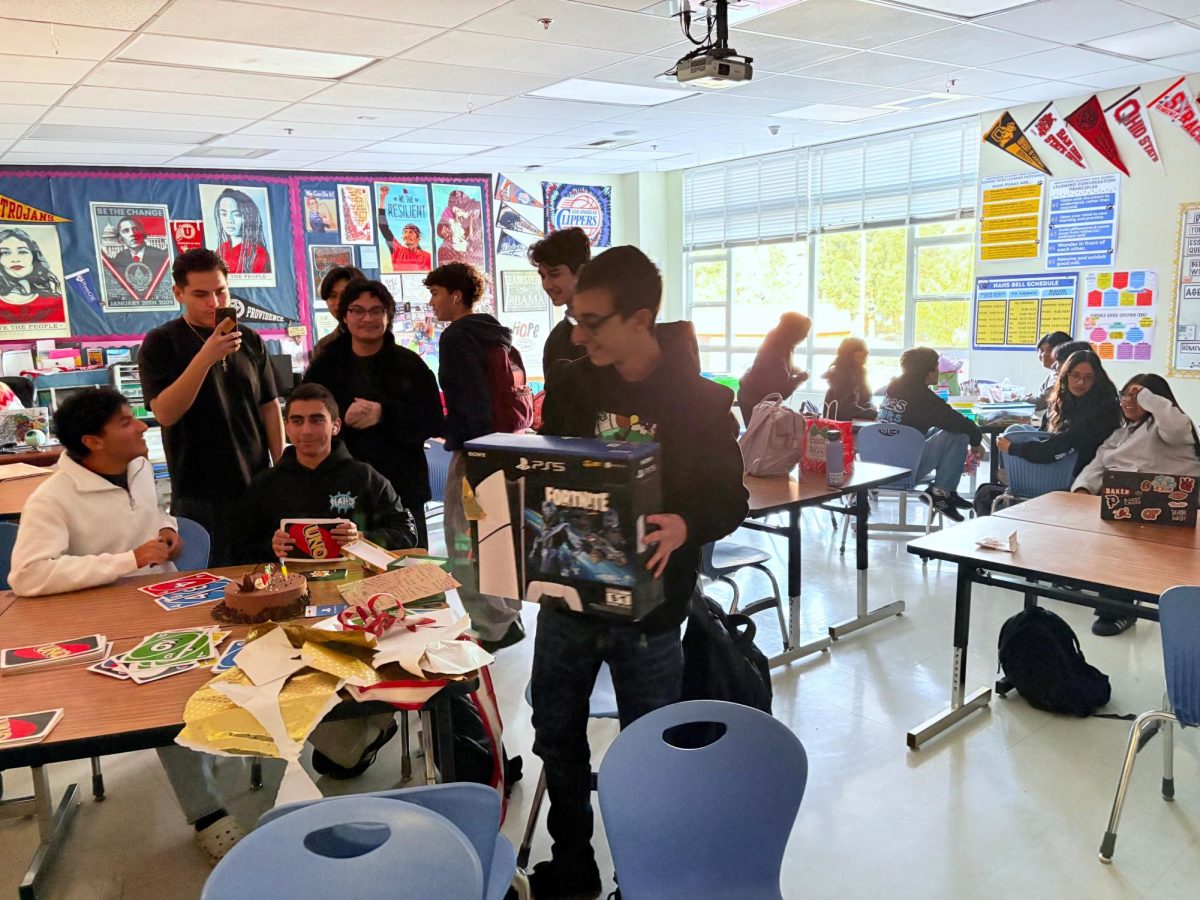Online diet culture is a world of contradiction and confusion. On social media, foods are called health miracles one day, and an insult to nutrition itself the next. The sheer number of posts made daily doesn’t really help this situation either, in fact there’s an entire genre of social media pages basically dedicated to using the tagline “Stop eating ____”. Because of this we’ve lived in a constant stream of at times dubious advice, and consequently a cultural cycle of popular diets. Many people remember when veganism took center stage, then diets like paleo and keto popped up too all claiming to be the most effective.
More recently however, an interesting new diet has risen to the ranks of popularity on social media, The “Raw Food Diet” and the “Carnivore Diet”. More of a movement than a health fad, these diets have a spectrum of people who buy into its validity, Ranging from those whose meals are made up entirely of fresh non processed foods, to those who defy medical advice and eat and/or limit their diet to raw meat and milk .
The tame end of the spectrum seems completely fine right? Limiting your consumption of processed foods has been the health advice of medical experts for decades. This is completely true, however the average dish made by these creators presents its own health risks. Meals typically consist of a lion’s serving of steak, eggs, and a fruit all served on a wooden cutting board to complete the “naturalist” optics. According to the World Health Organization excessive consumption of red meat (as done in the raw food diet), increases the risk of heart disease and high cholesterol. Of course, the same goes for those who drink raw milk which is nutritionally dense but has bacterial risks that outweigh them tenfold.
This new diet doesn’t exist separate from our lives away from the internet, instead it reveals something fascinating about our changing social and political world. As you can probably deduce, the movement is heavily characterized by its rejection of scientific data from organizations such as the FDA, reducing their advice to a conspiracy to profit from food corporations. This is not so different from our current political landscape. For the past few decades, the U.S mainstream has become more socially progressive, with many feeling more accepted and tolerated as the years go on. In response to this however, there has been an astounding counter culture resurgence of traditional conservative ideals in young people which can also be similarly characterized by is distrust in government and scientific organizations. These ideals are readily apparent in the rhetoric of figures such as President Donald Trump who made significant gains in younger voters. I believe in the same way that this conservative movement formed to counter modern progressives, the Raw food diet formed in response to the veganism movement (who are more likely to be left leaning according to The National Library of Medicine).
The diet related culture war has been exacerbated by social media as well as political figures such as RFK Jr who is pushing for legislation to “Make America Healthy”. Kennedy himself has been an outspoken anti vaccine advocate, relying on pseudo scientific medical and nutritional advice. During RFK Jr.’s Confirmation hearing some of these unfounded claims resurfaced. These claims include the COVID 19 vaccine being approved “without scientific basis”, pesticides are linked to transgenderism, and that Lyme’s disease is “highly likely a militarily engineered bio-weapon”‘ (ABC News).
This gives way to the larger discussion of Social Media’s power in the modern landscape. A double edged sword of sorts, it allows for people to stay informed about the world around them and amplify their own voices, consequently acting as dry brush to the flames of misinformation. In times such as these it is more important than ever to truly analyze where our information is coming from. It is important to note misinformation does not just stay on our phones and the corners of the internet we inhabit, it travels through our voices, opinions, and maybe even our diets.
